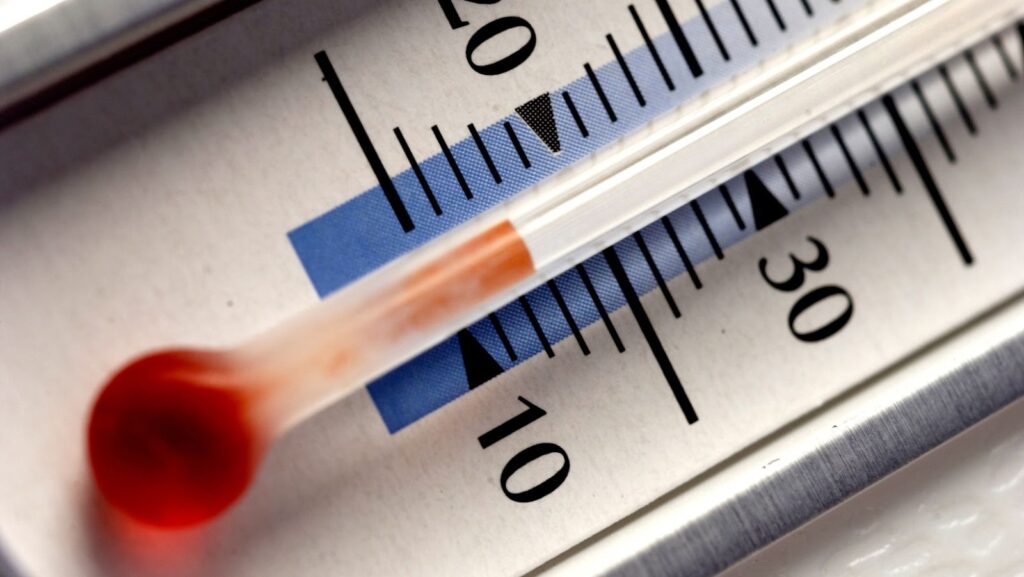
The human body is a great conductor of heat and electricity. The average body temperature is about 98.6 degrees Fahrenheit, but it can vary from person to person, and from day to day. When the body’s temperature gets too high or too low, it can be dangerous.
There are three main ways that heat is lost from the body:
-Convection is the transfer of heat from the body to the air or water around it.
-Conduction is the transfer of heat from one object to another through physical contact.
-Radiation is the transfer of heat from the body to its surroundings by electromagnetic waves.
What does the temp feel like
The skin temperature is usually about 3°F warmer than the body’s internal temperature. However, the skin can feel much colder or hotter depending on the conditions. For example, if it’s windy, the skin may feel cold because of the convection currents. If it’s hot and humid, the skin may feel hot because of the radiation and conduction from the surrounding air. There are two types of receptors in the skin that help us feel temperature:
-Thermoreceptors are sensitive to changes in temperature. They send signals to the brain that tell us whether it’s hot or cold.
-Nociceptors are pain receptors. They send signals to the brain that tell us when the skin is being damaged by heat or cold. There are four main ways that the body regulates its temperature:
-Sweating is the most important way that the body cools itself. When the body gets too hot, sweat glands in the skin produce sweat.
What is the ideal temperature on the human body and why
The ideal temperature for the human body is around 98.6 degrees Fahrenheit. This temperature helps the body to function properly and to stay healthy. When the body’s temperature gets too high or too low, it can be dangerous.
Too much heat can cause dehydration, heat exhaustion, or heat stroke. Too much cold can cause hypothermia or frostbite. The best way to stay safe in extreme temperatures is to dress appropriately, stay hydrated, and take breaks often.
The human body is a great conductor of heat and electricity. The average body temperature is about 98.6 degrees Fahrenheit, but it can vary from person to person, and from day to day.
The dangers of extreme temperatures on the human body
The best way to stay safe is to dress appropriately, stay hydrated, and take breaks often. When the body’s temperature gets too high or too low, it can be dangerous.
Too much heat can cause dehydration, heat exhaustion, or heat stroke. Too much cold can cause hypothermia or frostbite.
The most important way that the body cools itself is through sweating, so it’s important to stay hydrated in hot weather. And in cold weather, dressing in layers can help to trap heat and prevent hypothermia. By taking these precautions, you can help to keep your body at a safe and comfortable temperature.



